The MBTI® personality types often say a lot about the people who take them. For those who undergo the MBTI® examination and come out with the INFJ categorization, they will learn a ton about themselves. They'll learn that they are Introverted, Intuitive, Feeling, and Judging, which means they feel all of their emotions so deeply and they internalize them more than most MBTI® types.
INFJs can also learn a lot about themselves based on which period dramas they are most drawn to. Period dramas are not always universally accessible. But for INFJs, there is no denying that some period films are worthy of being loved and some are worthy of being avoided outright.
10 Love: Little Women (2019)

Greta Gerwig's adaptation of Little Women is not only the best period drama for an INFJ, but it might also be the best period drama ever made. Lovingly made, carefully crafted, and ingeniously written, Little Women is an undeniable triumph of the human spirit.
With its sprawling protagonists, Little Women also prioritizes the hallmarks of an INFJ. Some characters are introverted, some characters feel every emotion so deeply that it feels like a fire in their soul. It's wholly relatable for the INFJs of the world.
9 Hate: Barry Lyndon (1975)
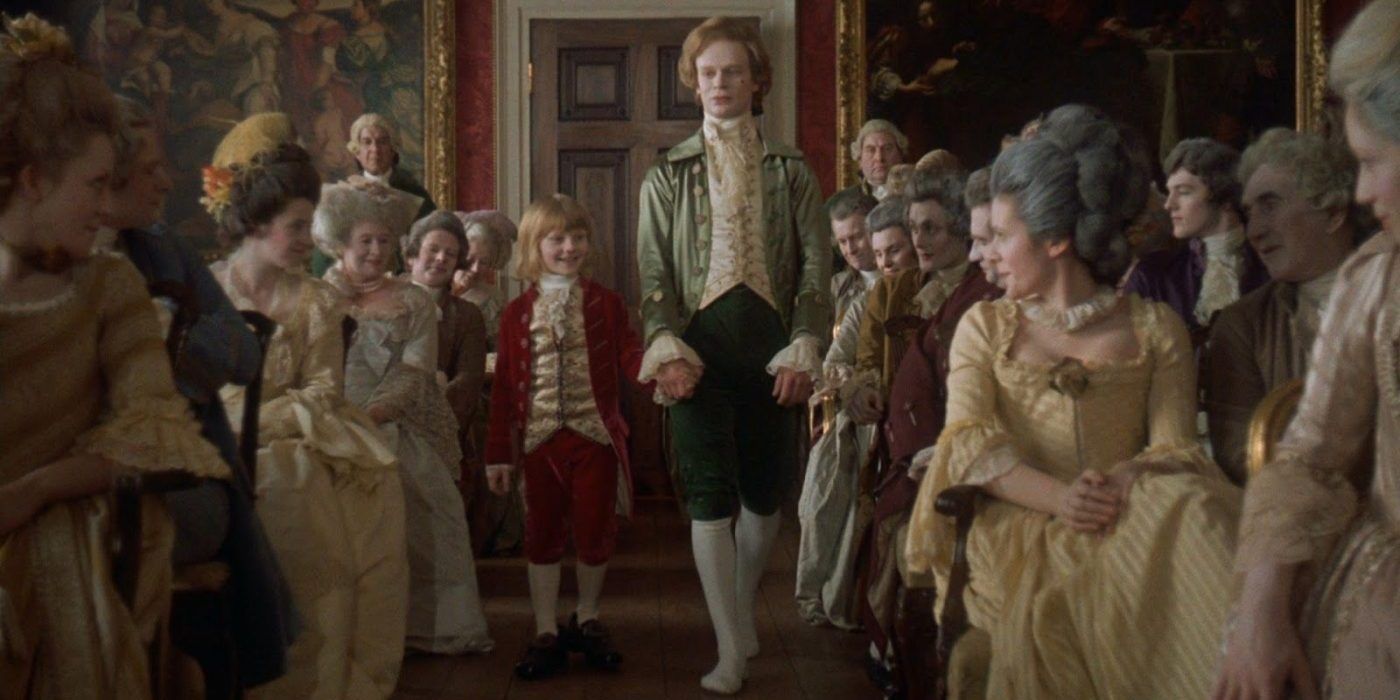
Barry Lyndon, one of Stanley Kubrick's epic period dramas, is critically acclaimed, but it might not necessarily be the one to watch for INFJs. The emotion of the third act will hit, but the rest of the film will be a slog to get through.
This is partly because the titular character is just not connective enough to INFJs. His lofty ambition has no true emotions through the line and it would fall flat for the INFJs of the world.
8 Love: Zodiac (2007)

Zodiac is not a traditional period drama. Typically, one thinks of costume dramas from the 1500s to the 1800s. But Zodiac takes place squarely in the second half of the twentieth century. It's still a downright remarkable movie.
David Fincher's masterpiece, Zodiac is chilling and enthralling. What INFJs will love the most about it, though, is the ability to combine their intuition with their judging nature. By the end of the film, they'll be able to make their own decision about who they think the Zodiac killer was.
7 Hate: Amadeus (1984)
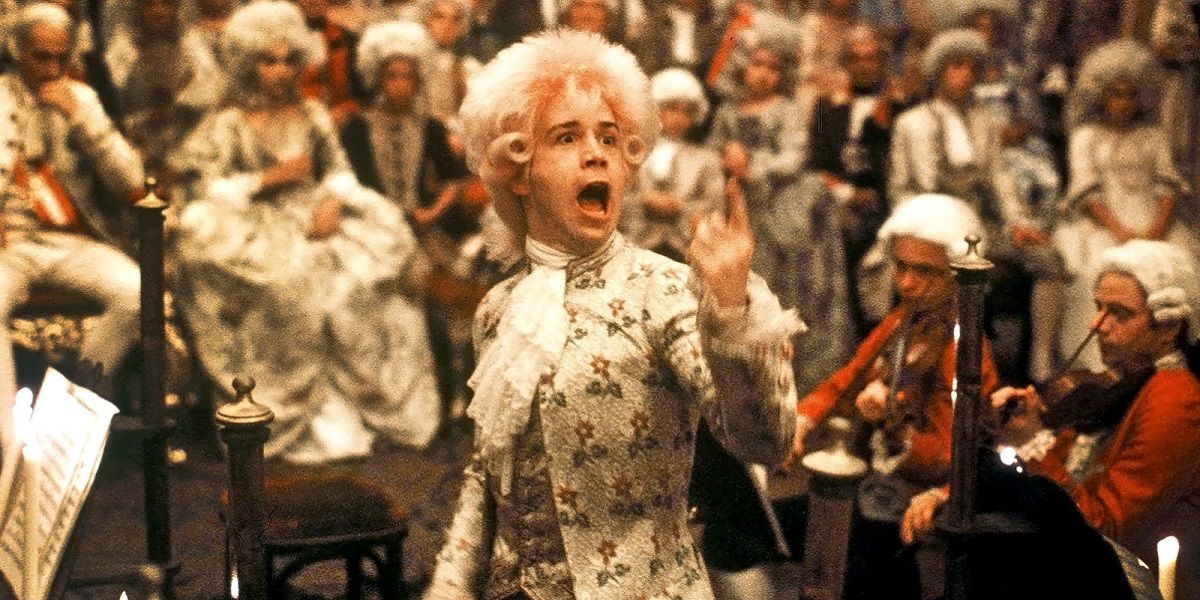
Amadeus, despite its storied legacy of acclaim and awards, is not the sort of period drama that INFJs will go for. For one, the lead character of Mozart is too far in the opposite direction of an INFJ to be relatable.
For another, Amadeus suffers the same fate as Barry Lyndon, in the sense that its payoff takes far too long to arrive. INFJs might find one morsel of joy in Amadeus, so long as they don't fall asleep first.
6 Love: Saving Mr. Banks (2013)
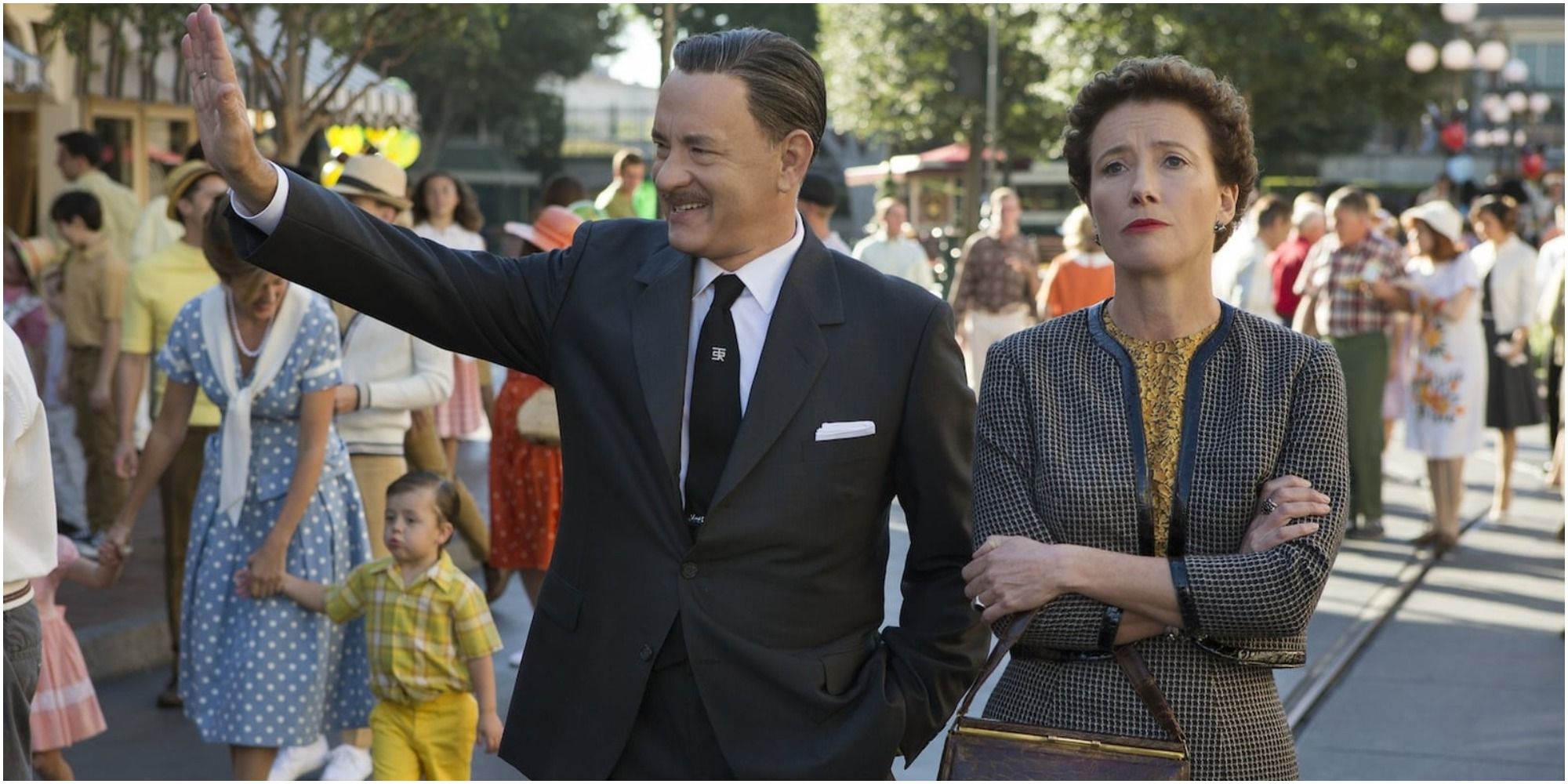
Saving Mr. Banks does not have the same popular legacy that many of the other films on this list do, but it's still an underrated period film all the same. The story of the translation of Mary Poppins from page to screen, it's a charming Disney biopic with an exceptional cast.
It's also way more emotional than anyone would expect to go into it. INFJs will find themselves drawn to the stubborn individuality of Robert Sherman and the cherished protection P.L. Travers had for her characters.
5 Hate: Les Miserables (2012)

While Saving Mr. Banks was a film with inspiration taken from a beloved musical, a different musical screen adaptation was not as well received. Les Miserables, a 2012 epic effort from Tom Hooper, had gargantuan expectations and it has only aged poorly since its release.
The film is portrayed far too much in broad strokes for INFJs; there's nothing for them to attach themselves to. The performances are solid and the songs are bombastic, but it ultimately feels like fluff over substance.
4 Love: The Aviator (2004)
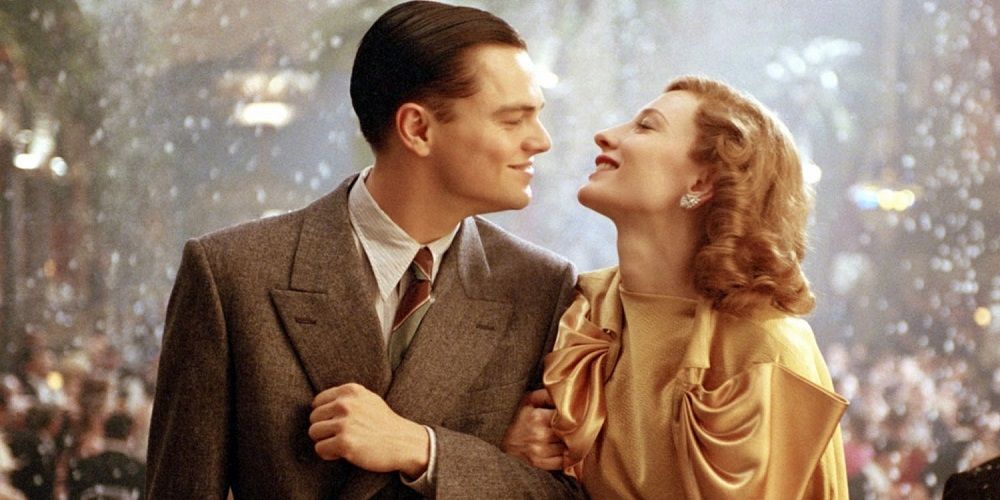
The Aviator is a period drama that takes viewers back to the roller coaster time from the late 1920s to the late 1940s. A biopic of Howard Hughes from Martin Scorsese, INFJs can rest assured that the film is as sprawling as it is intimate.
In any other filmmaker's hands, The Aviator would likely be too over the top for an INFJ to enjoy. But in Scorsese's, he understands human emotions and motivations on an intuitive level that might make one think he'd be an INFJ himself if he wasn't so prolific.
3 Hate: Gangs Of New York (2002)

On the other hand, Scorsese's period dramas were not universally resonant with viewers, especially INFJs. Gangs of New York, the film that preceded The Aviator, tells the story of a sprawling religion-oriented feud.
There's just much less for INFJs to connect to here. It's mostly a technical feat and a cinematic achievement. But it's too big and broad for true love. The Aviator, on the other hand, had a clear specificity to it. Gangs also feature a less preferable Leonardo DiCaprio performance.
2 Love: Shakespeare In Love (1998)
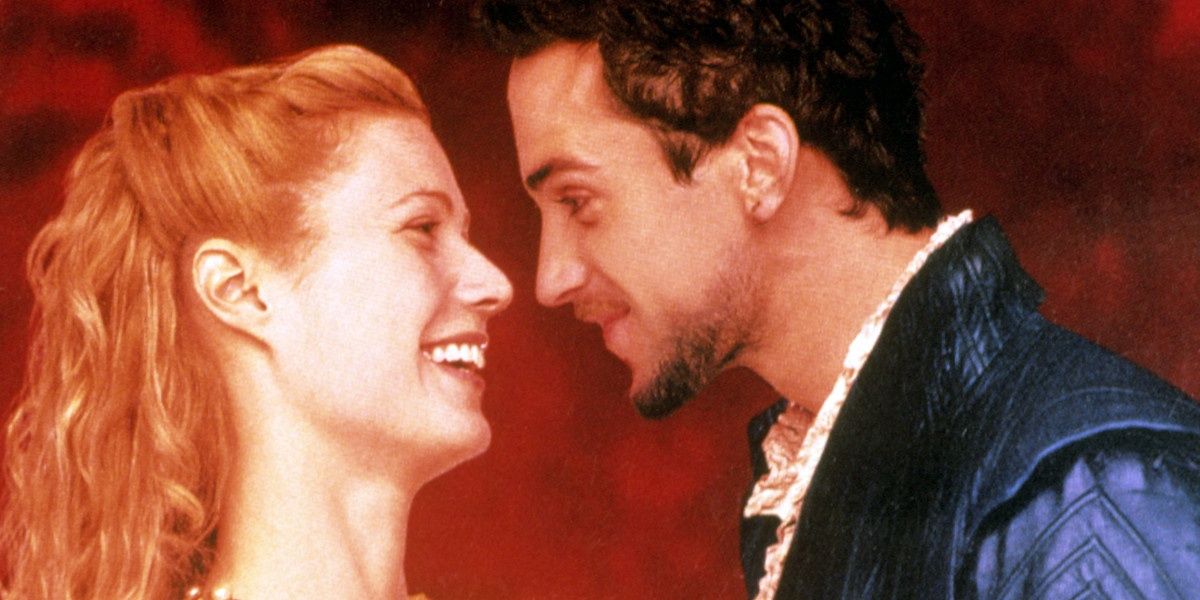
INFJs will love any period drama that is also an adaptation of Shakespeare. But even more than this, they will love a period drama that is about Shakespeare himself.
The feeling is a crucial part of being an INFJ and few poets had as many emotions at any given moment as Shakespeare did. This comes across perfectly clearly throughout Shakespeare in Love. It will enchant the romantic side of the INFJs.
1 Hate: The Pianist (2002)
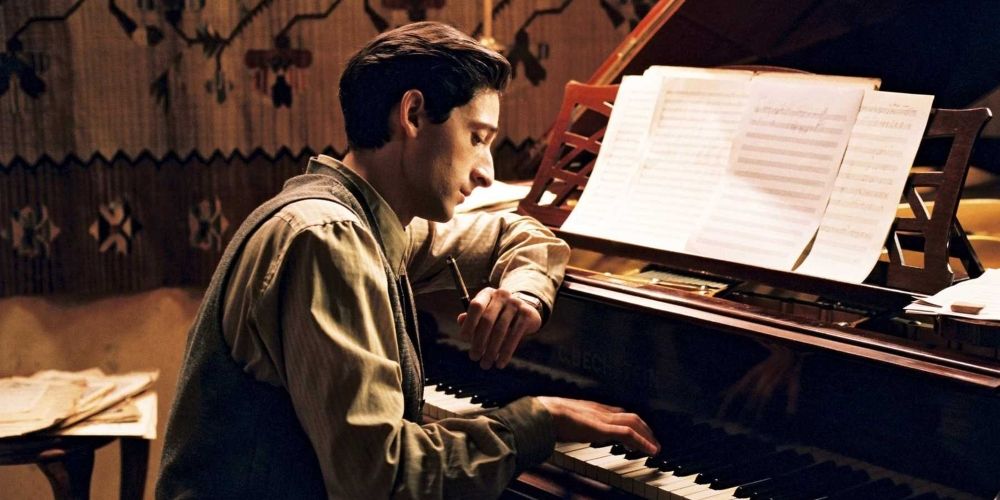
The Pianist, like Shakespeare in Love, was a major Oscars player at the time of its release and it has since aged poorly because of the pedigree behind it. However, The Pianist is a much less watchable movie than Shakespeare in Love.
All of the emotion in The Pianist seems overtly and directly saccharine to the point of manipulation. It's like Oscar bait exemplified. INFJs would be able to see right through it.
from ScreenRant - Feed https://ift.tt/3go12Cz

0 Comments